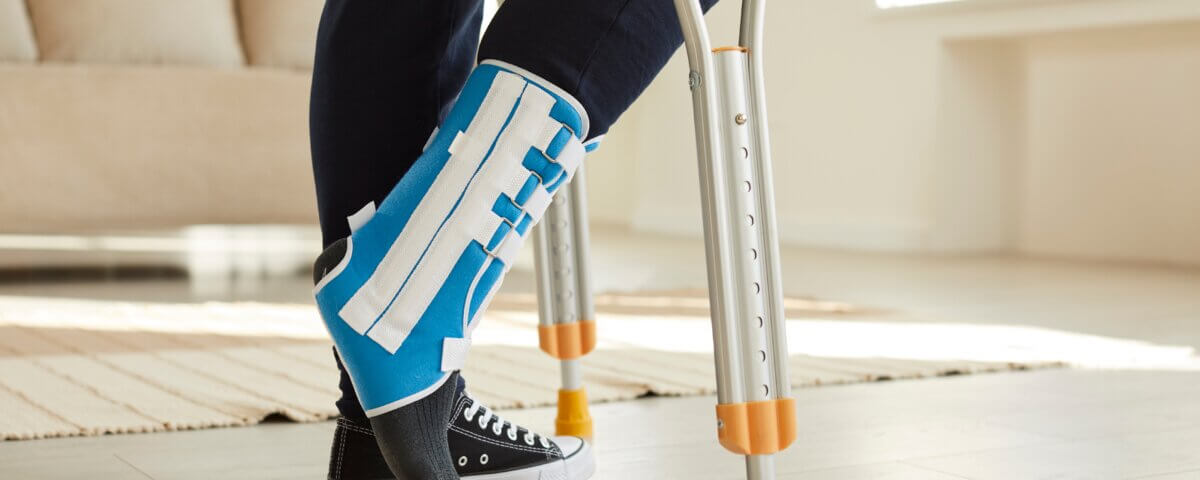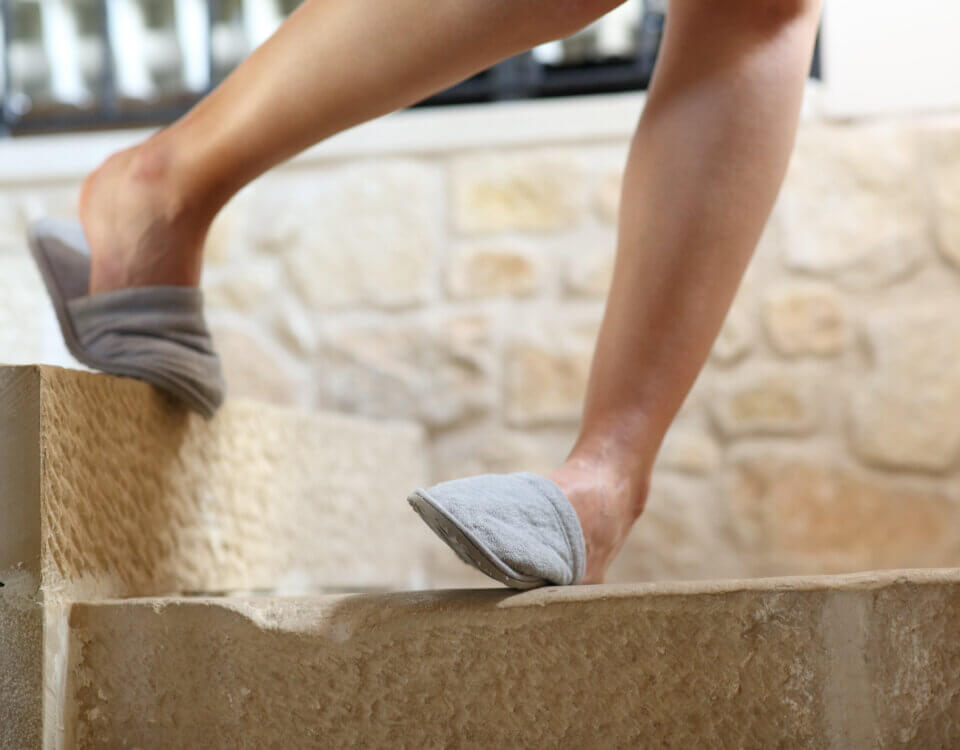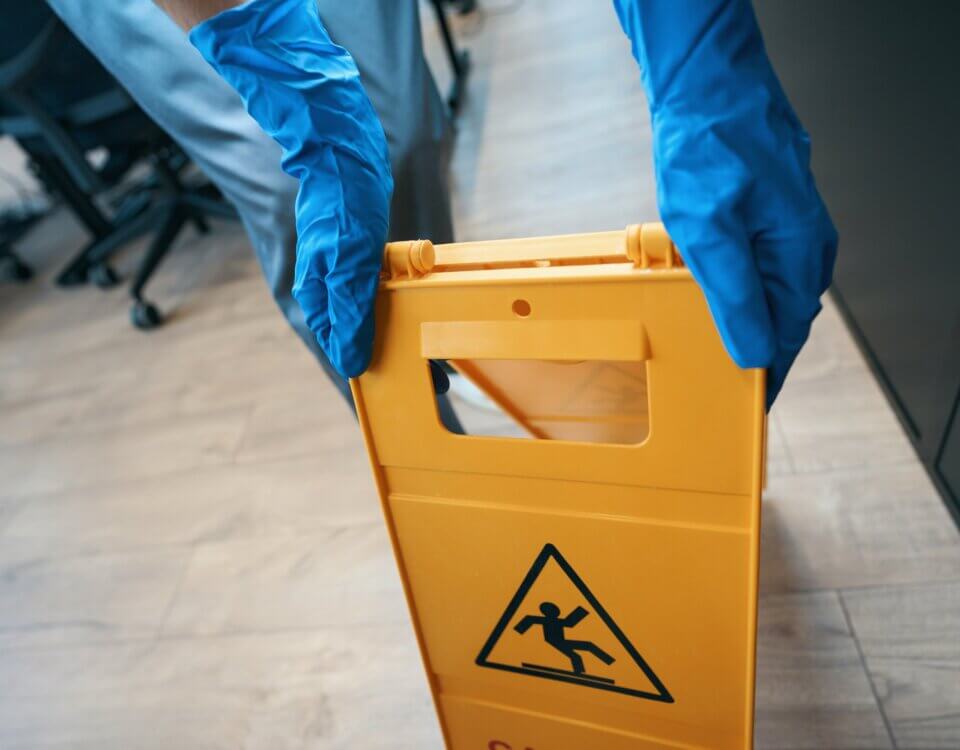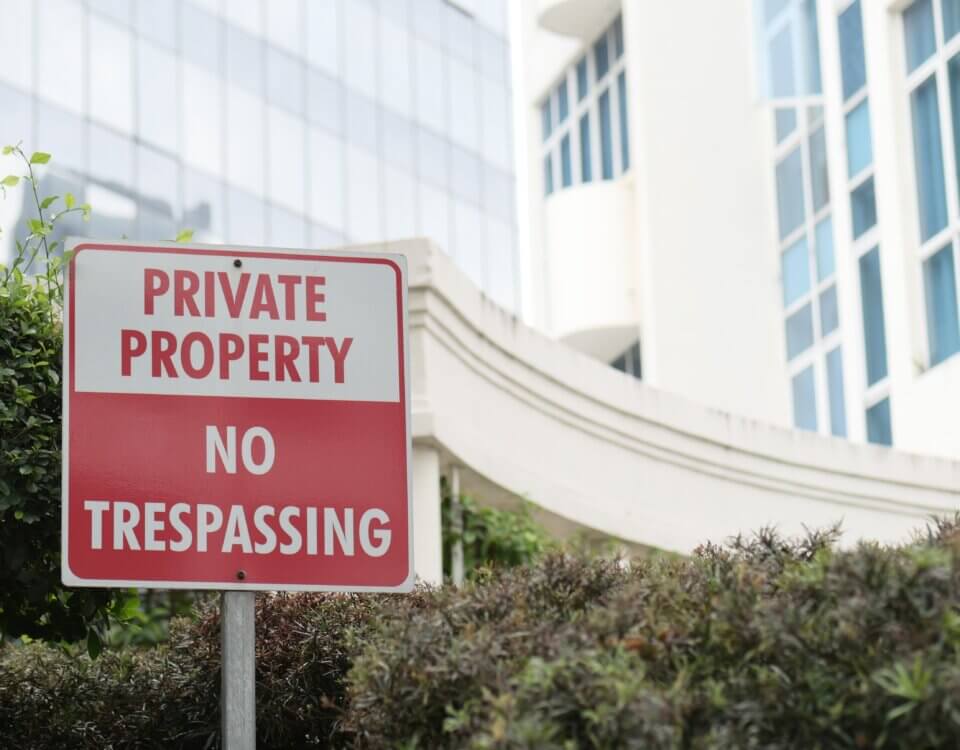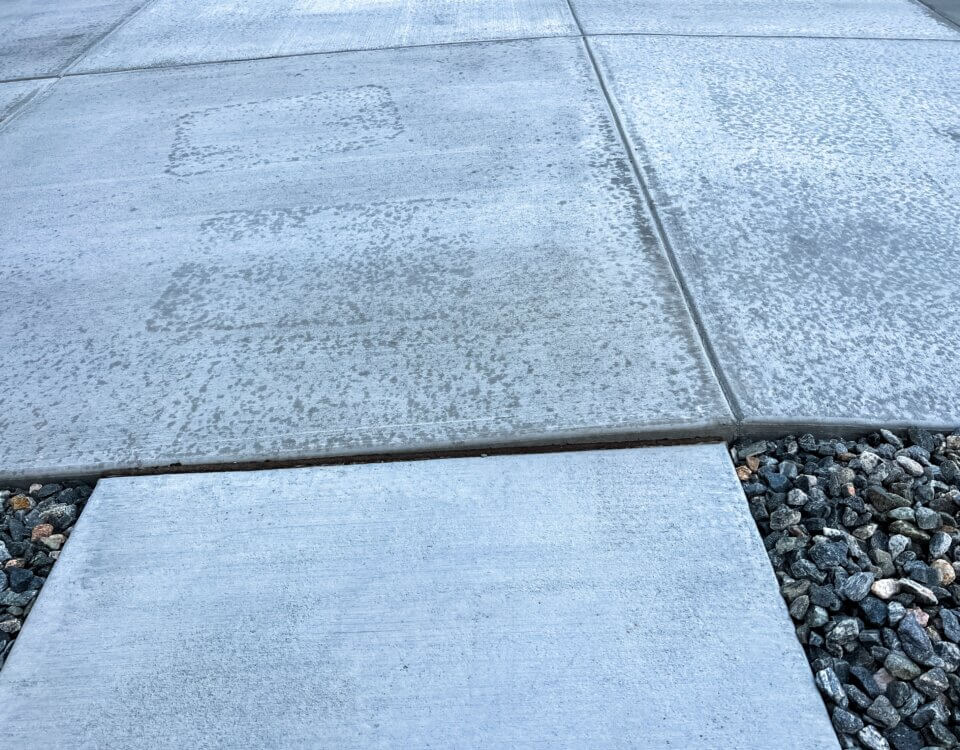If you rent your home you expect it to be safe. Sometimes dangerous conditions exist, broken stairs, loose railings, cracked walkways and those can cause injuries. In many cases you can sue your landlord if you are hurt because of their failure to maintain safe property. But landlords are not automatically liable. You must show certain things in order to succeed in a lawsuit.
What You Must Prove to Hold a Landlord Responsible
- That the landlord owns or controls the property and is legally responsible for its condition
- That there was a dangerous condition on the premises
- That the landlord knew about or should have known about the unsafe condition through regular inspections or after complaints from tenants
- That the landlord failed to repair or warn about the hazard in a timely manner
- That this failure directly caused your injury
Common Types of Injuries at Rental Properties
Many tenant injury cases come from slip and fall accidents. Other frequent causes include broken stairs or handrails, gaps or uneven flooring, defective walkways, or insufficient lighting. These hazards often lead to serious injuries from trips, falls, or structural collapses.
What You Should Do Right Away After an Injury
- Seek medical treatment immediately and keep records of your treatment and bills
- Document what caused the injury by taking photographs or video of the scene, the hazard, and your injuries
- Write down what happened while your memory is fresh
- Contact the landlord and notify them about the problem, ideally in writing, and ask them to address the hazard
- Preserve all evidence related to your expenses medical care and any communication with the landlord
Who Can Sue
It is not only tenants who may have legal standing to make a claim. Guests, visitors, contractors, or anyone lawfully on the property who is injured because of a hazard may also sue the landlord.
Why Legal Help Matters
Injuries in rental property cases may not be straightforward. Proving knowledge, negligence and damages often requires gathering strong evidence and dealing with insurance or landlord defenses. An attorney can help evaluate your case, ensure documentation is properly handled, and help you pursue full compensation.
Note: These blog posts are created solely for the use of Hillstone Law. The information is gathered from internet research, publicly available sources, and artificial intelligence (AI) tools such as ChatGPT. While we aim to share helpful and educational content, Hillstone Law does not independently verify every detail. Some information may be incomplete, outdated, or subject to change without notice. If you believe any part of a post is inaccurate, misleading, or infringes upon copyright, please contact Hillstone Law immediately so we can review it and take appropriate action, including correction or removal.
Disclaimer: The material provided in these blogs is for general informational purposes only and should not be considered legal advice. Reading these posts does not create, and is not intended to create, an attorney-client relationship with Hillstone Law. Our intent is to share knowledge, raise awareness, and provide helpful resources to the public; however, Hillstone Law makes no warranties or guarantees about the accuracy, completeness, or reliability of the information provided, and expressly disclaims liability for any actions taken in reliance on it. The photos used in these posts are for illustrative purposes only and do not depict actual clients, individuals, or incidents unless expressly stated. If you or a loved one has been injured in an accident, please contact Hillstone Law at (855) 691-1691. Our attorneys are available to answer your legal questions and help you understand your rights.
